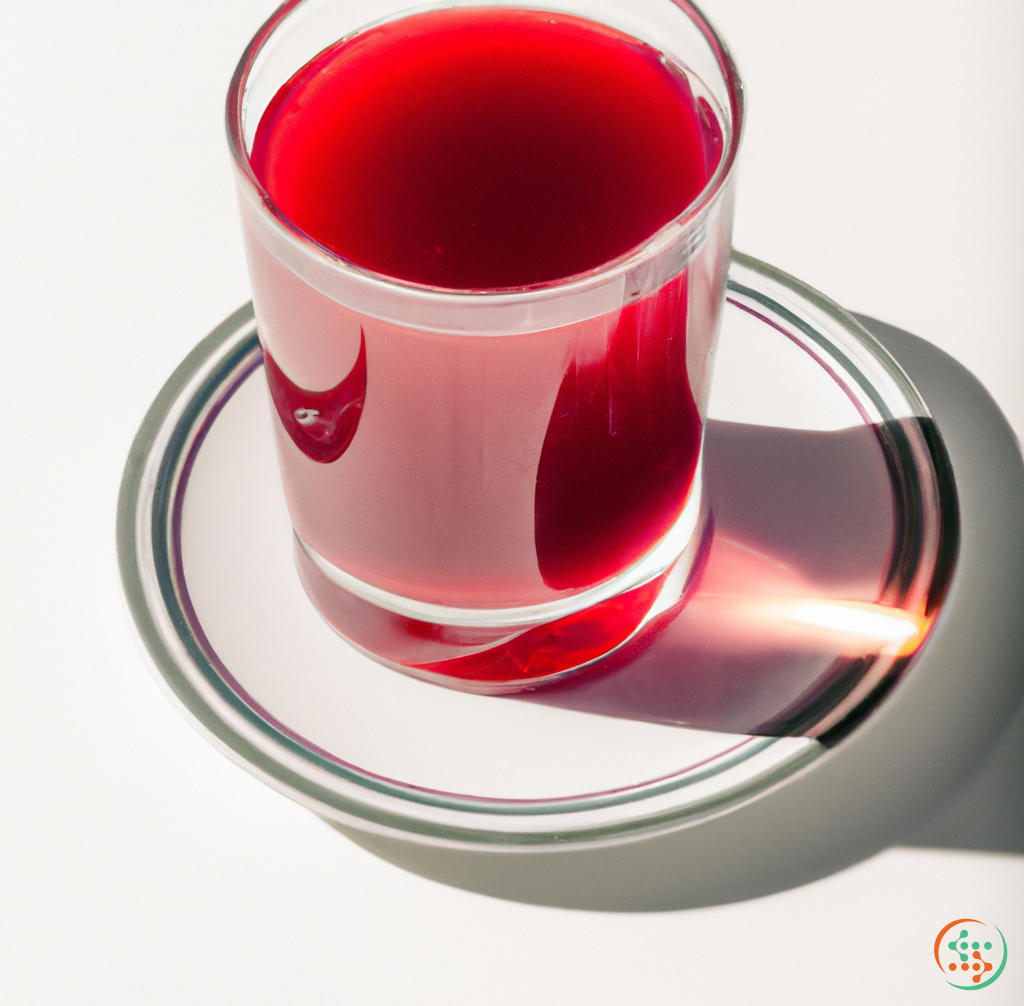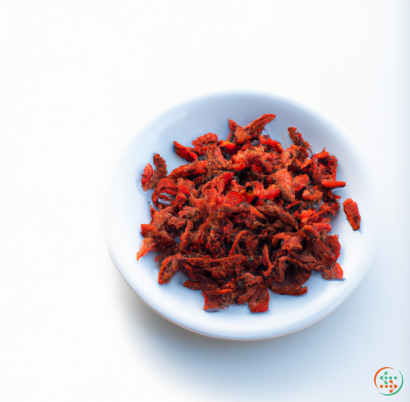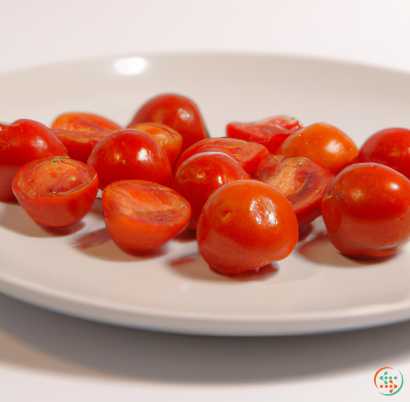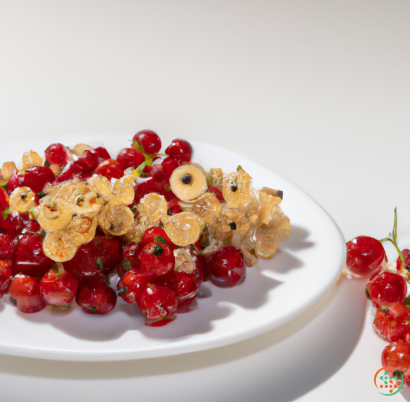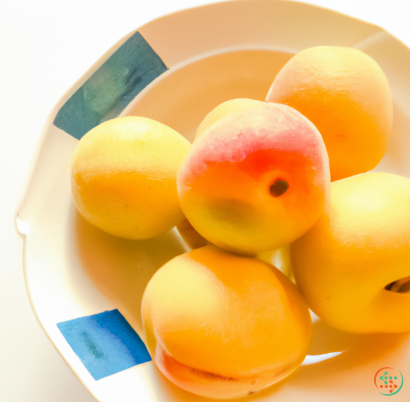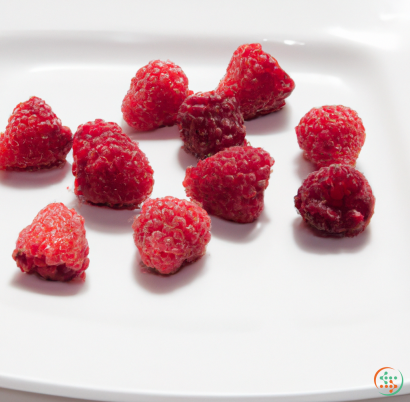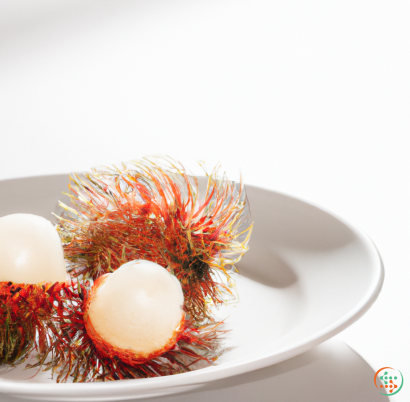Cranberry Juice
Cranberry juice is one of the most popular juices in the world. It has a tart, slightly sweet taste that makes it a great addition to smoothies and cocktails. It’s not just for adults either—kids love its bright color and refreshing flavor too. But what is cranberry juice exactly, and why should you include it in your diet? Let’s find out.
What is Cranberry Juice?
Cranberry juice is a beverage made from the fruits of the Vaccinium macrocarpon shrub (also called the American or large cranberry bush). The shrub is native to North America, and its fruits are a deep red-purple color. Cranberries have been used medicinally since the 1600s, and their juice has been enjoyed as a drink since the 1700s.
So, why is cranberry juice good for you? The juice is packed with vitamin C and minerals, including potassium, phosphorus, magnesium, and calcium. It's also a great source of dietary fiber. Plus, its impressive antioxidant levels help fight free radicals and support a healthy immune system.
On top of that, cranberry juice has antiseptic and antifungal properties. It's long been used to treat bladder and urinary tract infections. In fact, studies have even shown that drinking cranberry juice can help reduce the risk of urinary tract infections in women.
Cranberry juice is also known to help reduce cholesterol and keep blood pressure in check. It's also beneficial for people with diabetes, as it helps regulate blood sugar levels. All of these factors make it an excellent choice for maintaining overall health and wellness.
What's the Best Way to Enjoy Cranberry Juice?
Cranberry juice on its own can be pretty tart, so it’s often enjoyed with a bit of sweetener. Adding some natural sweetener, like honey or maple syrup, can make it a great choice for smoothies and cocktails. It pairs especially well with other fruits and vegetables, making it an ideal ingredient in green smoothies and juices. Some folks even like to mix it with other juices, like apple and orange juice, to balance out the flavors.
If you’re not a fan of the tartness, try diluting it with up to 50 percent of a sweeter juice. Doing this will still help you get all the nutritional benefits, but the taste will be much easier to enjoy. You can also use cranberry juice to make refreshing drinks like spritzers or sangrias.
Should You Choose Fresh or Store-Bought?
Nowadays, you can find cranberry juice in pretty much every grocery store and health food store. But keep in mind that many store-bought options are loaded with added sugar and preservatives. Which begs the question: should you drink fresh or store-bought cranberry juice?
Though both types of juice offer health benefits, fresh cranberry juice is usually the healthier choice. For starters, it’s generally void of added sugar and preservatives, so you’re getting the natural nutrition cranberries have to offer. Plus, you can use organic cranberries for an even higher-quality product. On the downside, fresh cranberry juice takes more time and effort to make.
In the end, you should do whatever works best for you. If you’d rather save some time, buying store-bought cranberry juice is still a nutritious choice. Just be sure to read the label and check for added sugar and preservative-heavy ingredients.
Who Should Avoid Cranberry Juice?
Cranberry juice is generally safe for most people to consume, but there are a few exceptions. Those with kidney problems and/or gout should avoid drinking cranberry juice, as it can aggravate these conditions. If you are pregnant or nursing, consult your healthcare professional before drinking cranberry juice.
Final Thoughts
Cranberry juice is a great way to get some fantastic health benefits. It’s loaded with vitamins, minerals, and antioxidants, and can help fight free radicals and reduce the risk of urinary tract infections. Plus, its tart and sweet flavor makes it perfect for smoothies and cocktails. Just remember to read the label of store-bought juices, and to consult your healthcare professional if you are pregnant or nursing.
Cranberry juice is one of the most beloved drinks of all time, and every year millions of people enjoy it with meals or simply sip it as a refreshing drink. But how exactly does this juice wind its way from its cranberry origins to your dinner plate?
First of all, it's important to understand just what cranberries are. Cranberries are actually a type of evergreen (bush) shrub native to North America. In the wild, they are often found growing in acidic bogs throughout the northern parts of the continent, especially in the United States and Canada. They grow in clusters, with their round berries measuring roughly one quarter of an inch in diameter. The berries themselves are a deep red color and are very tart in flavor.
Next, let’s look at the process for creating a typical cranberry juice. Most people don't realize that cranberries have to go through several steps before they can be enjoyed in juice form. First, the cranberries must be harvested in the fall. The harvesting process usually takes place in September and October and is done by hand using rake-like tools. After the berries are harvested, they must be washed to remove dirt and debris and then sorted into batches.
The next step is to grind the cranberries into a pulp. This is done by passing the pulp through a device known as a "grinder" which crushes and grinds the cranberries into a thick, wet consistency. The pulp is then placed into a pressing machine which extracts the juice from the pulp. This extracted juice is then heated and strained in order to separate the skins and other solid particles from the liquid that will eventually become cranberry juice.
Now it’s time to add flavor to the cranberry juice. It is common practice to add sugar, citric acid, and other flavorings to the juice to make it more palatable. However, recently some brands have started to embrace the natural tartness of the juice, leading to the production of more tart and sour cranberry juices.
The last step in the process is to bottle the juice. It usually takes place in a different area of the factory where the air is kept extra clean and sterile. The juice is poured into special sealing machines which fill the bottles, cap them, and give them a distinct cranberry flavor. The bottles are then labeled, boxed, and shipped to stores and supermarkets, and finally to you, so that you can enjoy a cold, refreshing glass of cranberry juice!
Now that we have examined the process for creating cranberry juice, let’s consider how it gets from the factory to your dinner table. After the juice is bottled and boxed, it must be shipped from the factory to stores and supermarkets. Many companies use freight trains and trucks to transport their cranberry juice across long distances. Once the juice arrives at the store, it must be placed onto shelves, either on the ground or in refrigerated sections.
Once you purchase the juice and bring it home, you have the opportunity to enjoy it in many different ways. Some prefer to drink it chilled, while others may prefer to heat it up and add other ingredients to make a warm drink or even a cocktail. Cranberry juice is also very popular when mixed with other juices such as apple or orange, or when blended into smoothies. These drinks make a tasty and refreshing addition to any meal.
Cranberry juice is a delicious and healthy beverage that can be enjoyed in many different ways. From its humble beginnings as a wild berry in North America to its transformation into a drinkable product and finally, to your table, the journey of cranberry juice is complex, interesting, and tasty. So next time you're enjoying some cranberry juice, take a moment to appreciate the journey it took to get there.
| Vitamin A | 0.002 mg | |
| Beta-Carotene | 0.027 mg | |
| Vitamin E | 0.0012 grams | |
| Vitamin K | 0.0051 mg | |
| Vitamin C | 0.0093 grams | |
| Vitamin B1 | 0.01 mg | |
| Vitamin B2 | 0.02 mg | |
| Vitamin B3 | 0.09 mg | |
| Vitamin B4 | 0.0033 grams | |
| Vitamin B6 | 0.05 mg | |
| Vitamin B9 | 0.001 mg |
| Calcium | 0.008 grams |
Daily Value 1.3 g
|
| Iron | 0.25 mg |
Daily Value 0.018 g
|
| Magnesium | 0.006 grams |
Daily Value 0.4 g
|
| Phosphorus | 0.013 grams |
Daily Value 1.25 g
|
| Potassium | 0.077 grams |
Daily Value 4.7 g
|
| Sodium | 0.002 grams |
Daily Value 2.3 g
|
| Zinc | 0.1 mg |
Daily Value 0.011 g
|
| Copper | 0.06 mg |
Daily Value 0.9 mg
|
| Selenium | 0.1 ug |
Daily Value 0.055 mg
|
| Total Sugars | 12.1 grams |
per 100g
|
| Palmitic acid (16:0) | 0.01 grams |
|
| Total Saturated fatty acids: | 0.01 g | |
| Oleic acid (18:1) | 0.02 grams |
|
| Total Monounsaturated fatty acids: | 0.02 g | |
| Linolenic acid (18:3) | 0.03 grams |
|
| Linoleic acid (18:2) | 0.04 grams |
|
| Total Polyunsaturated fatty acids: | 0.07 g | |
